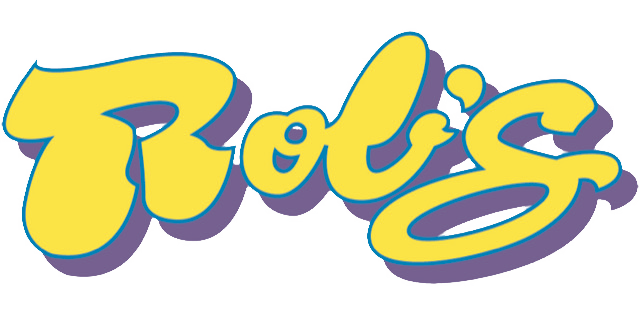Over-dimensional or heavy hauling is no small process. It requires careful planning and execution in order to be successful and avoid accidents or injuries.
Here are critical steps that we here at Rob’s take to ensure we move your load as safely as possible.
Prepare in advance
It’s vital that you thoroughly prepare for the move and do so in advance.
Use the proper trailer
Nothing is more important than using a trailer best suited to the job.
There are many trailer and axle configuration types, and you need a thorough understanding of heavy haul and over-dimensional shipping in order to select the right trailer for the job.
In most cases, heavy haul uses one of the following trailer types:
- Flatbed trailer – an open platform trailer with no walls, roof or rails, and a flat load-carrying area.
- Lowboy trailer – a low-bed trailer that has two height drops in the deck and sits very low to the ground, and which allows loads up to 12 ft. in height.
- Drop Deck trailer – a trailer with one drop in the deck height. The upper part of the deck sits atop the back of the tractor unit and drops in height directly after it clears the back of the driving unit.
- Extendable Drop Deck trailer – same basic design of a standard drop deck, this trailer’s body is extendable for loads that are long and cannot be extended over the back end of the trailer but need the support of a trailer under its entire body.
- Gooseneck trailer – attaches to the hauling unit by a permanently affixed adjustable bar that is attached to the bed. There are many variations of gooseneck trailers including, but not limited to removable, fixed, mechanical and hydraulic. We have multiple types of Trailers to ensure the job is done correctly and safely.
Secure the load
Make sure the load is secured and distributed properly on the trailer before it leaves the yard or work site.
Securing super heavy or over-dimensional equipment is an important process that you should not take lightly.
Fortunately, incidents involving loss of heavy equipment or other improperly secured loads are infrequent, but they can result in severe injuries, damage to personal property, or, worse, loss of life when they do occur.
Not only that, it often represents a loss of equipment and adversely impact the environment if chemical contaminants are involved.
Securing equipment such as excavators, bulldozers, front-end loaders and similar equipment falls under the regulatory requirements of Federal Motor Carrier Safety Administration when transporting across state borders.
Use trained, experienced drivers
Use only drivers who are properly trained and who have experience in how to secure loads safely and operate the equipment they are hauling.
Obtain the proper permits
Give yourself time to obtain all required permits. Any equipment over 102” wide will require an oversize trucking permit before it can move on state roads or highways.
Understand regulatory requirements
Be familiar with regulatory requirements in each state through which the load will travel. Rules can vary from state to state.
Commercial vehicles over 10,000 pounds GVWR are subject to federal regulations if engaged in interstate commerce. However, if hauling equipment intrastate, local regulations may also apply.
Run routes in advance
Once you have the proper permits and know which local, state and federal regulations apply, it’s time to map out the best possible route for your trip. You want to avoid toll roads, heavily trafficked highways (if possible), roads undergoing construction, and routes that present others types of delays or interruptions.
A pilot car may be needed to accompany you on some of the routes. Each state has its requirements for different oversize dimensions.
Conclusion
Follow these critical steps to ensure that your move goes without incident and that you secure the safety of both people and equipment.
Safety is paramount when it comes to our Drivers, Customers, the load being hauled, and the other vehicles on the road during any hauling process.
We wanted to make sure our customers, and followers were educated on the other areas of service we provide.
Now you know. Thanks for checking in as always and keep it safe out there on the road!
-Rob’s-
